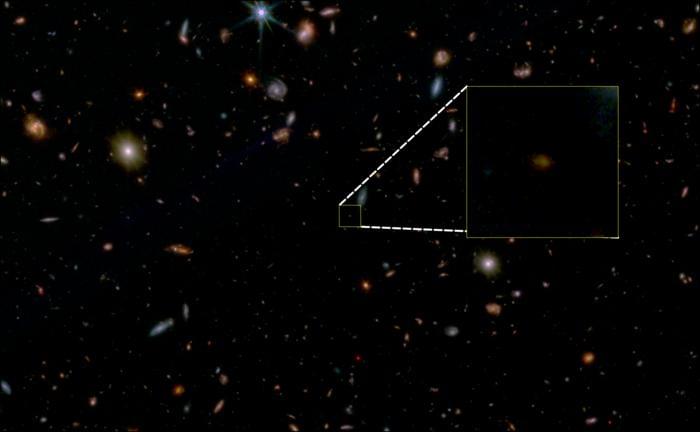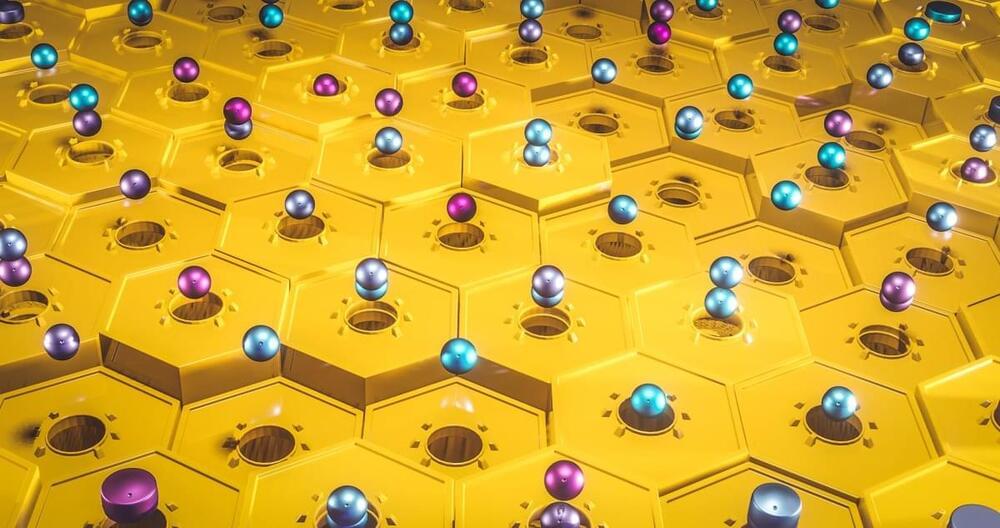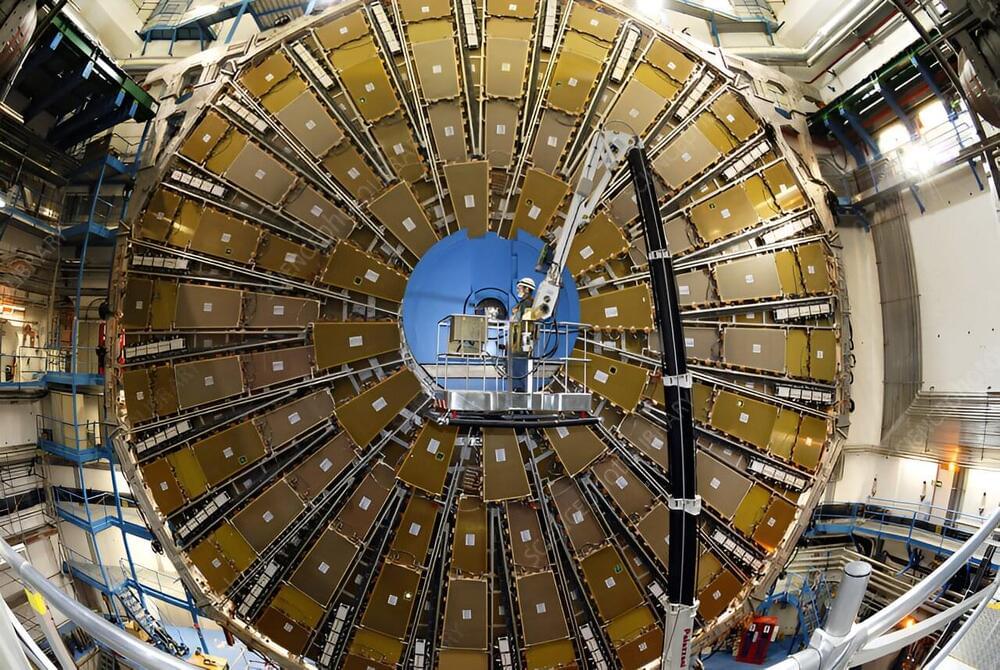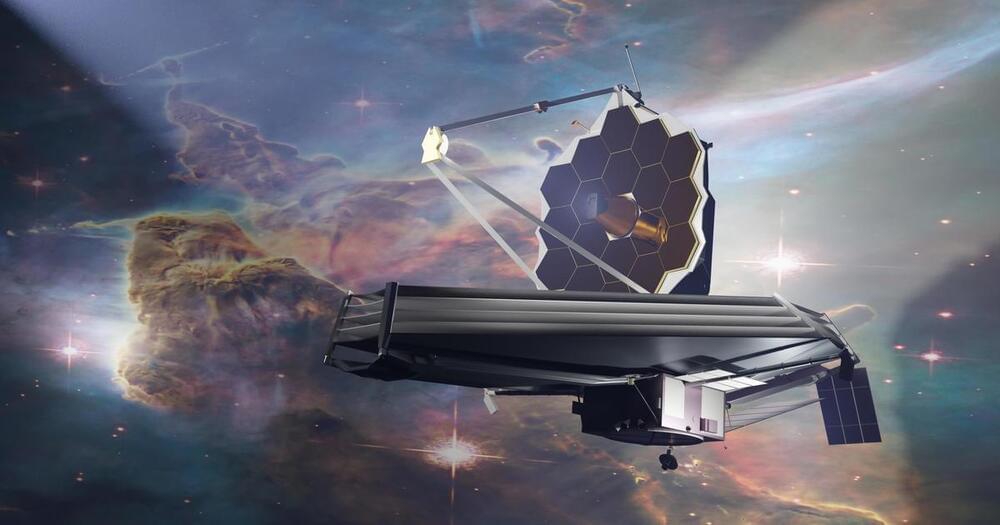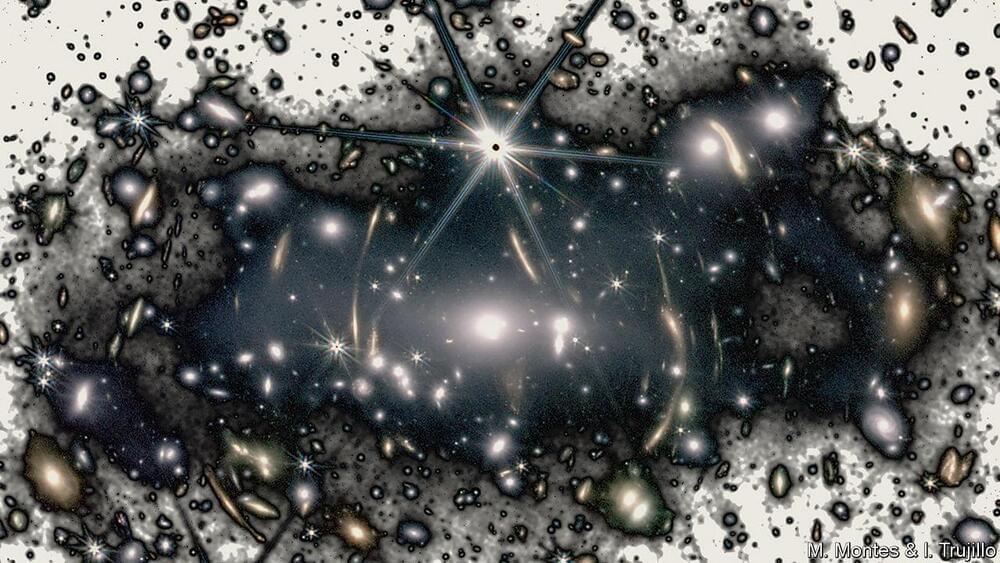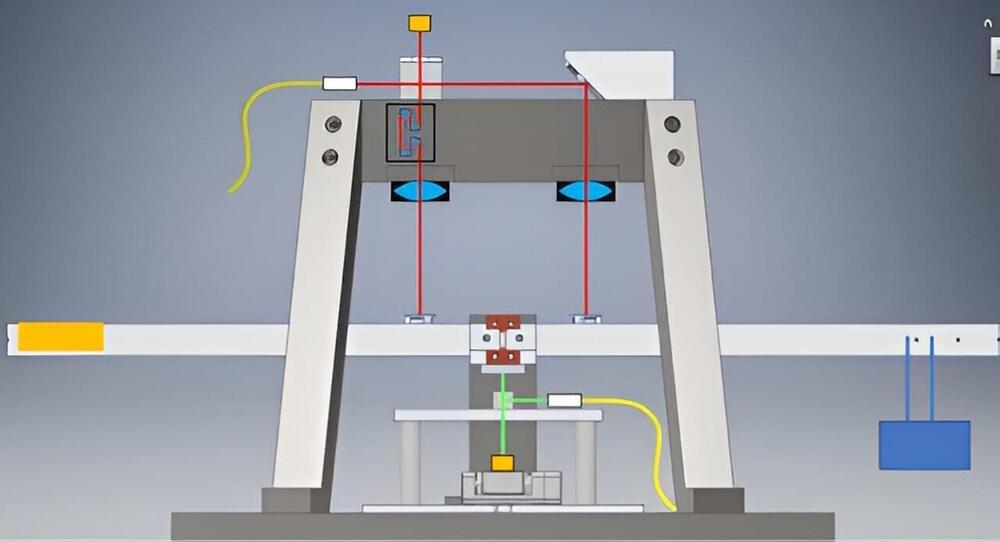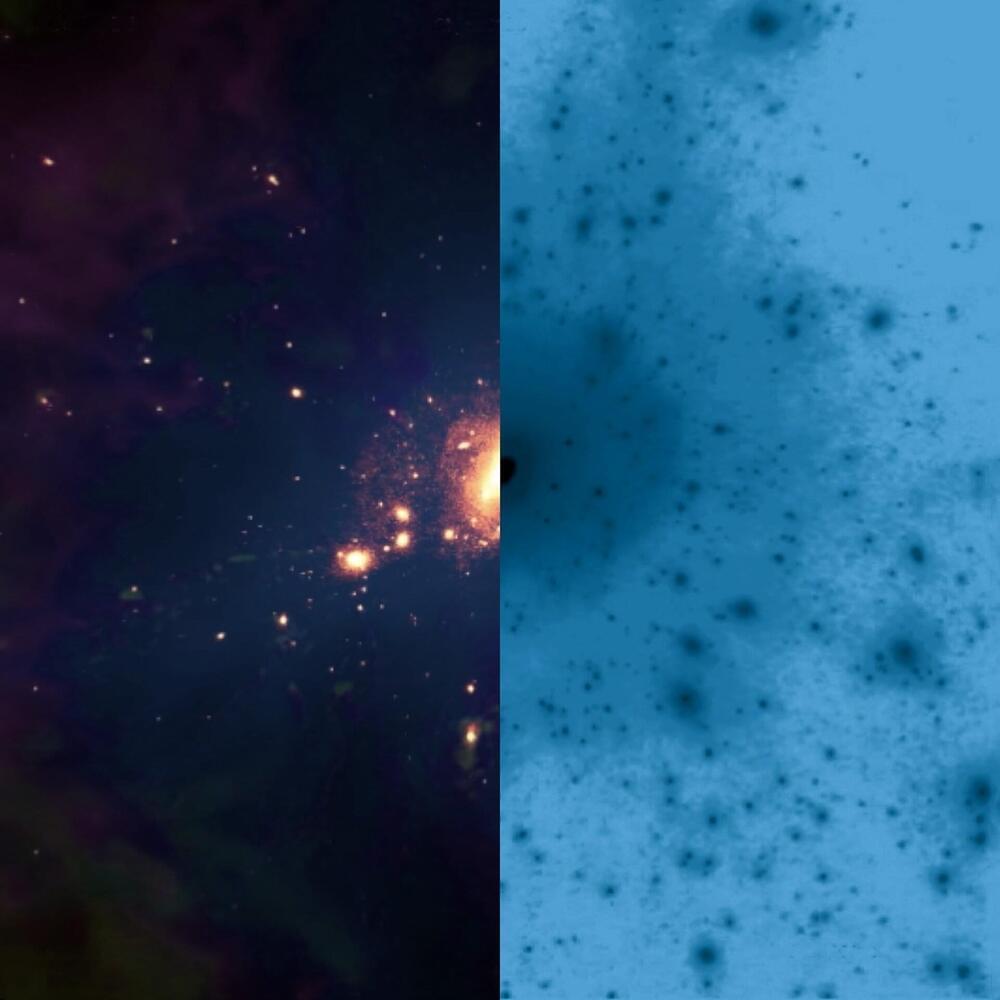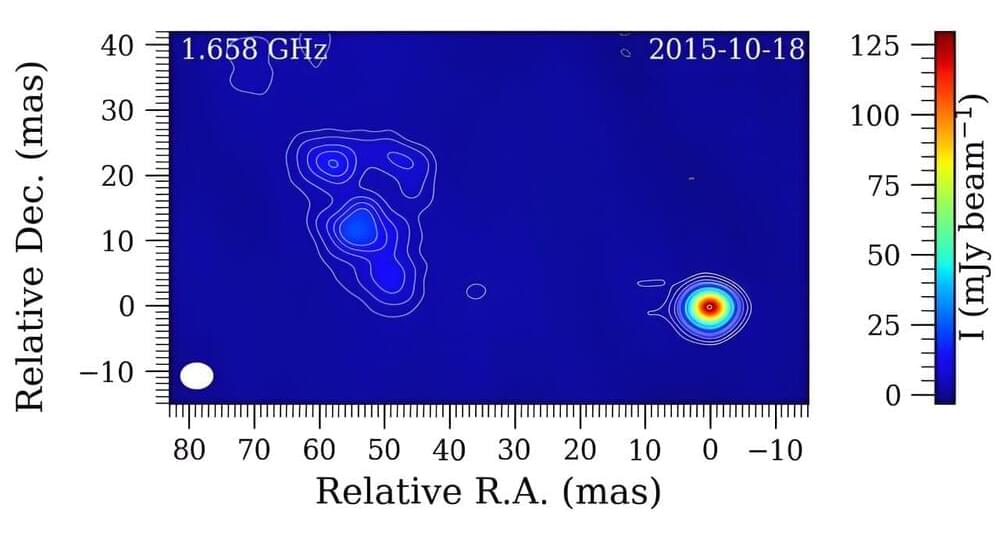“The first few hundred million years of the universe was a very active phase, with lots of gas clouds collapsing to form new stars,” said Dr. Tobias Looser.
When do galaxies stop forming new stars? This is what a study published today in Nature hopes to address as a team of researchers led by the Kavli Institute for Cosmology used NASA’s James Webb Space Telescope (JWST) to discover a 13-billion-year-old “dead” galaxy that stopped producing stars shortly after its own formation, approximately 700 million years after the Big Bang. This study holds the potential to help astronomers better understand the formation and evolution of galaxies in the early universe and the processes behind why some of these galaxies cease to form new stars.
For the study, the researchers used JWST’s powerful Near Infrared Spectrograph (NIRSpec) instrument as part of the JWST Advanced Deep Extragalactic Survey (JADES) to observe the earliest galaxies that existed approximately 700 million years after the Big Bang, or approximately 13 billion years old. Through this, the team observed what they referred to as a “dead” galaxy, meaning a galaxy that ceased producing new stars, which is a profound discovery considering the young age of the universe at the time. But the question is how did this happen?
